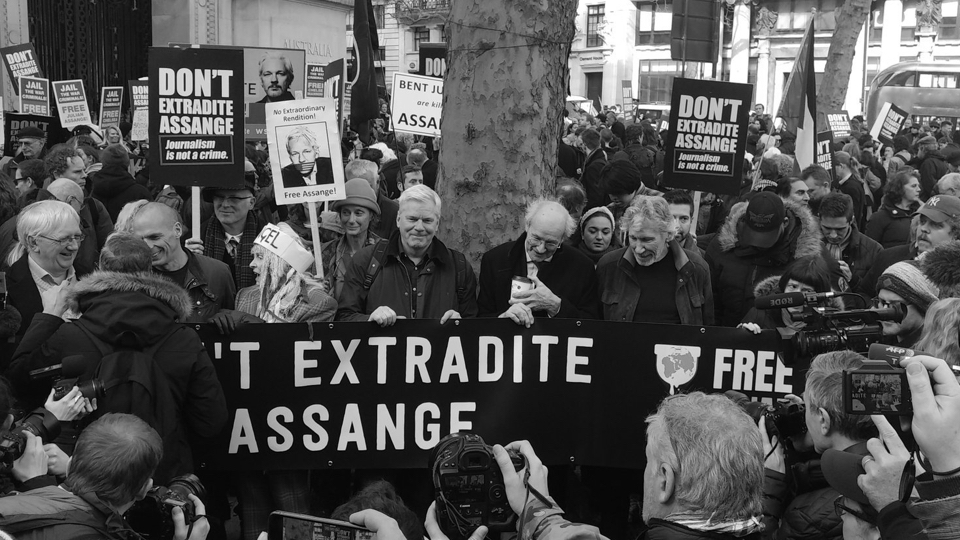January 4, 2021
Judge blocks the extradition of Julian Assange to the United States, ruling the abusive U.S. prison system could not protect him from suicide
In a ruling in which she accepted nearly every argument from U.S. government, Judge Vanessa Baraitser agreed with the defense’s claims that the U.S. prison conditions Assange would face if he were extradited, including solitary confinement, Special Administrative Measures, and extreme restrictions at ADX Florence, would drive Assange to suicide. She ruled it would therefore be unjust to extradite Assange to the U.S. and ordered his release.
The U.S. will appeal the decision.
Judge Baraitser summarized her lengthy opinion and the arguments at issue, siding with the prosecution at virtually every step, upholding dangerous arguments that would undermine the First Amendment protections of a free press. The judge ruled:
- The U.K. Extradition Act should take precedence over the U.S.-U.K. Extradition Treaty, and the former removed the clause barring extradition for political offenses
- The charges against Assange in the U.S. would be considered offenses in the U.S.
- Assange’s conduct “went beyond that of a journalist” in agreeing to help Chelsea Manning crack a password and in telling her that “curious eyes never run dry,” encouraging her to leak more files
- The release of unredacted cables was “indiscriminate”
- Defense arguments about Assange’s political opinions were “extraneous”
- There was insufficient evidence that the charges were “pressurized” by the Trump Administration and instead showed healthy internal debate
- Though the intelligence community has harshly criticized WikiLeaks, it doesn’t speak for the administration
- It isn’t the UK court’s place to comment on the case of UC Global spying on Assange in the Ecuadorian Embassy, as it doesn’t have access to court documents in the case against UC Global in Spain
- Assange’s prospective jury pool in the Eastern District of Virginia would come from a large county, can’t prove it would only be ex-national security and ex-military officials
- Challenges of the U.S. prosecution’s “overbroadness” and “vagueness” should be made in a U.S. court, not adjudicated here, no reason to think Assange wouldn’t have constitutional rights when tried in the U.S. — “This court trusts that a US court will properly consider Mr Assange’s constitutional right to free speech”
- On whether it would be oppressive to extradite: I accepted Prof Kopelman opinion that Mr Assange suffers from a recurrent depressive disorder, that Assange has suicidal ideation, and would be ‘single-minded’ in attempt to end his life
- Potential conditions in a US prison: CIA views Assange as hostile, still a security risk; Assange likely to be sent to ADX Florence, would be held in serious isolation
- The purpose of Special Administrative Measures is to minimize communications, and prisoners have extreme limitations. These conditions were considered by all experts to have deleterious impact on Assange’s mental health
- Mr Assange has the intellect and determination to follow through with suicidal ideation
- Therefore I rule it would be unjust to extradite Mr Assange. The US has the right to appeal.
The judge has ruled Assange should be discharged. The U.S. government asks for him to be kept in custody while they appeal; the defense requests his immediate release.
Defense lawyer Ed Fitzgerald said that the judgement itself, ruling Assange should be discharged, constitutes the strongest grounds for granting bail. However he said the defense would like to put all of its arguments forward, including the deleterious conditions in Belmarsh prison, so the defense needs time to put together the formal bail application. Court is adjourned until Wednesday 10am GMT for the full bail application. Assange will be physically produced then and will be kept in HMP Belmarsh until then.

